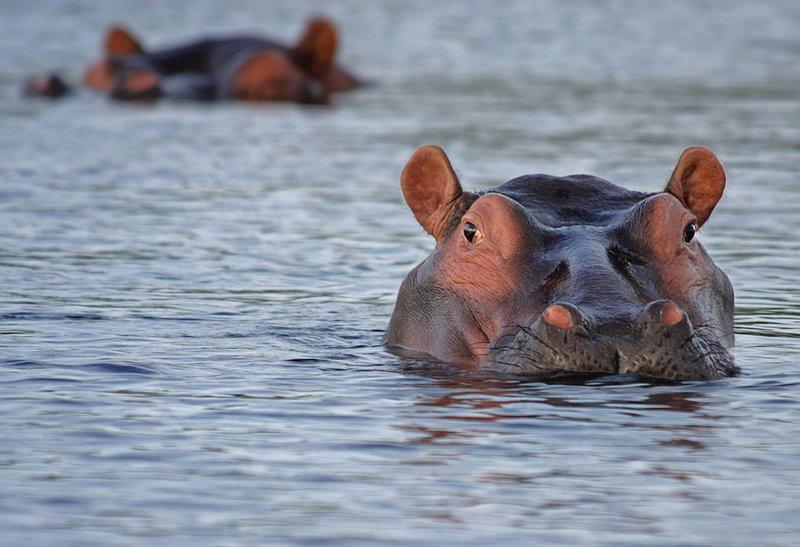GOVERNMENT says it has arrested the cholera outbreak in the northern Kunene Region, which has killed three people.
Health Permanent Secretary Kahijoro Kahuure said no further deaths had been recorded since the outbreak and the situation was under control.
Since the Ministry of Health reported the outbreak, only two more cases of acute watery diarrhoea were admitted but they were not confirmed as cholera.
The outbreak was not linked to the cholera cases reported in Zimbabwe, Angola, South Africa and Zambia in December.
Most of the suspected cases were reported in the Okanguati area of the Epupa constituency.
Kahuure said they did a detailed investigation and found that the main problem was poor sanitation and lack of clean drinking water.
A team of senior health officials was dispatched to the area and confirmed the finding. The team was led by Kahuure and included Dr Jack Vries and Liena de Wee.
Kahuure said with the onset of the rainy season, it was vital to remain on alert for any possible outbreak of the waterborne disease.
‘The team is however concerned about the overall hygiene and sanitation in Opuwo and surrounding areas. We wish to encourage all the authorities to embark on the provision of sanitation and potable water and the general cleanup of these areas, as they pose a danger to the community,’ Kahuure said.
He called on residents in the area to boil all water for human consumption to avoid other gastro-intestinal diseases.
‘While the situation remains under control we must remain on full alert and ready to be mobilised should the situation change,’ he said.
The main symptom of cholera, a waterborne infection of the bowel caused by drinking water or eating food contaminated by cholera bacteria, is watery diarrhoea resulting in rapid dehydration. If left untreated, the disease can lead to death within 24 hours.
Gastroenteritis, an inflammation of the stomach and intestines, is also a waterborne illness, caused by unclean water supplies and poor sanitation, similarly resulting in diarrhoea.
In May last year, Government was forced to temporarily shut the Okanguati Combined School for an indefinite period after two teachers and a pupil contracted cholera.
Around 15 people died of the disease in the Kunene Region during that time while over 2 000 suspected cases were reported, with 10 confirmed as cholera.
Stay informed with The Namibian – your source for credible journalism. Get in-depth reporting and opinions for
only N$85 a month. Invest in journalism, invest in democracy –
Subscribe Now!










